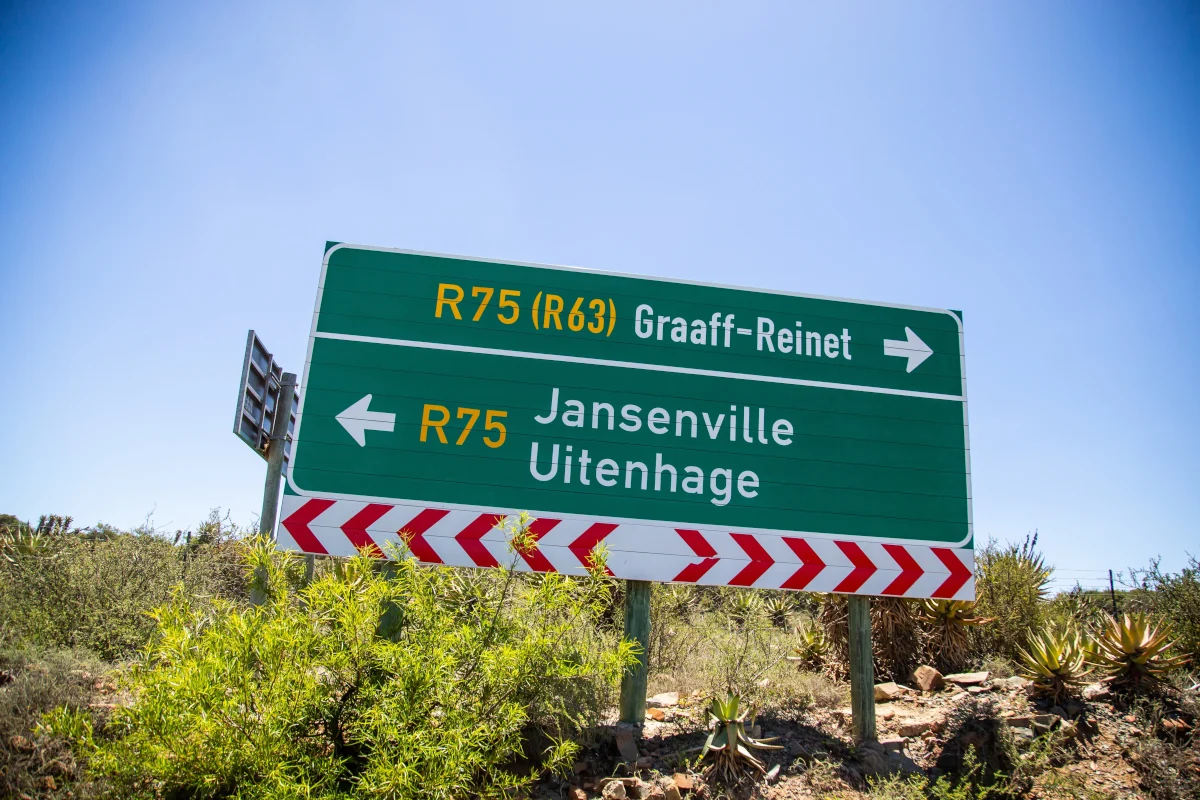
In a bid to honor history, reflect cultural identities, and reshape the geographical landscape, the Department of Sport, Art, and Culture in South Africa has embarked on another round of significant name changes. The focus this time lies on villages and a human settlement nestled within the Eastern Cape province. These alterations are aimed at redefining the essence and narratives attached to these locations.
The recent changes unveiled are as follows:
This initiative forms part of a broader trend in South Africa, particularly pronounced within the Eastern Cape, where a substantial number of name changes have taken place in recent years. While there have been developments in naming new geographic features in KwaZulu-Natal, the focal point of altered names for towns and cities has predominantly been the Eastern Cape region.
Statistics from the Department highlight a staggering count of 103 geographical name changes within the Eastern Cape since the inception of these efforts back in 2019.
Minister Zizi Kodwa emphasized the imperative to accelerate the pace of name changes in the Free State province, noting its sluggish progress in this transformative journey.
To expedite this process, the South African Geographical Names Council orchestrated an awareness campaign in Bloemfontein on June 28, 2023. This pivotal event targeted district municipalities and the Provincial Geographical Names Committee, disseminating crucial information regarding the requisite procedures for proposing changes in the nomenclature of streets, towns, and cities.
Minister Kodwa underscored the significance of public involvement, stressing that community engagement remains a cornerstone of this transformation. He highlighted the live streaming of the awareness workshop to the Free State province, aiming to enhance community awareness and urgency in redefining South Africa’s naming landscape.
The minister acknowledged that communities in the Free State have been preoccupied with pressing service delivery issues, resulting in fewer appeals or recommendations for name changes.
Name changes in South Africa are community-driven initiatives, requiring active participation and support from the affected populace. The Department or provincial governments cannot unilaterally initiate such changes.
Minister Kodwa delineated the meticulous process underlying the alteration of names within the country during a parliamentary Q&A session.
Here’s an outline of the steps involved in initiating a name change:
These name changes symbolize a nation’s quest to reimagine its narrative, honor its diverse heritage, and foster a unified identity. They stand as testaments to the power of communal involvement in reshaping not just geographical labels, but also the cultural and historical fabric of South Africa.
In essence, these alterations serve as catalysts for conversations, reflections, and a shared vision of a South Africa that embraces its past while shaping a future anchored in inclusivity, representation, and unity.
This website uses cookies.